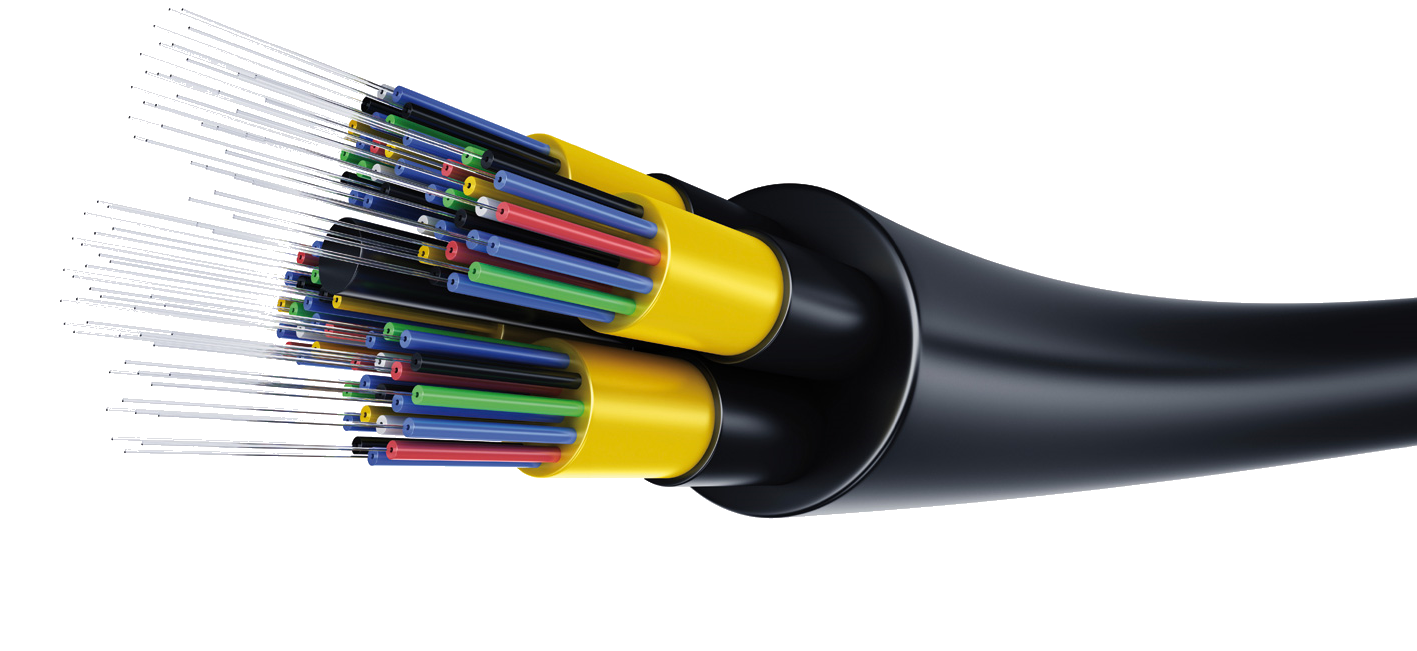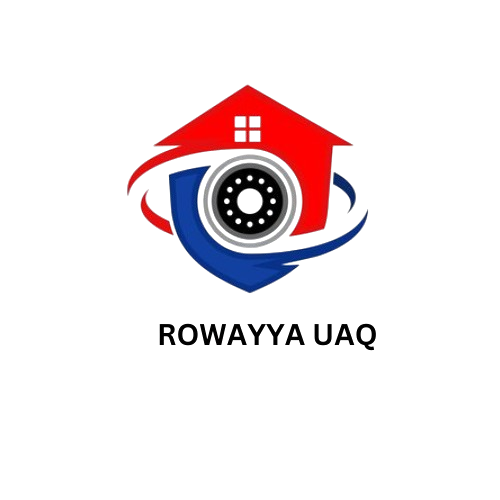Optical Fiber Cabling in Umm Al Quwain
As businesses in Umm Al Quwain continue to embrace digital transformation, the need for high-speed, reliable internet connectivity has never been more crucial. Optical fiber cabling is at the forefront of this technological evolution, providing a robust infrastructure that enhances communication and data transfer. In this article, we explore the benefits, applications, and considerations for implementing optical fiber cabling in Umm Al Quwain.

What is a Optical Fiber Cabling?
Optical fiber cabling uses thin strands of glass or plastic fibers to transmit data as light signals. This advanced technology significantly outperforms traditional copper cabling in terms of speed, bandwidth, and distance.
Benefits of Optical Fiber Cabling in Umm Al Quwain:
High Speed: Optical fiber can transmit data at incredibly high speeds, making it ideal for bandwidth-intensive applications like video conferencing and cloud computing.
Greater Bandwidth Capacity: Fiber optic cabling can carry more data than copper cabling, which is essential for businesses that rely on large data transfers and high-definition content.
Longer Distances: Optical fiber can transmit data over longer distances without signal degradation, making it suitable for sprawling business campuses or multi-building setups.
Enhanced Security: Fiber optic cables are more secure than copper cables, as they are less susceptible to tapping and interference, providing a safer environment for sensitive data transmission.
Cost-Efficiency: While the initial installation costs may be higher, optical fiber cabling can lead to lower maintenance costs and longer-term savings due to its durability and performance.
Optical fiber cabling is an essential investment for businesses in Umm Al Quwain looking to harness the power of high-speed internet and data transmission. By embracing this technology, organizations can ensure they remain competitive in a rapidly evolving digital landscape.
